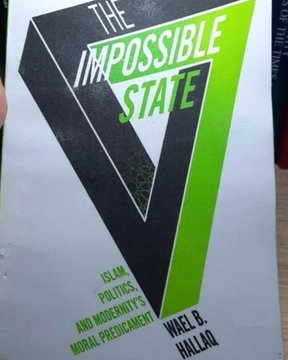Here are some of the best books that I read in 2023. 📚
🧵
🧵
• • •
Missing some Tweet in this thread? You can try to
force a refresh



































